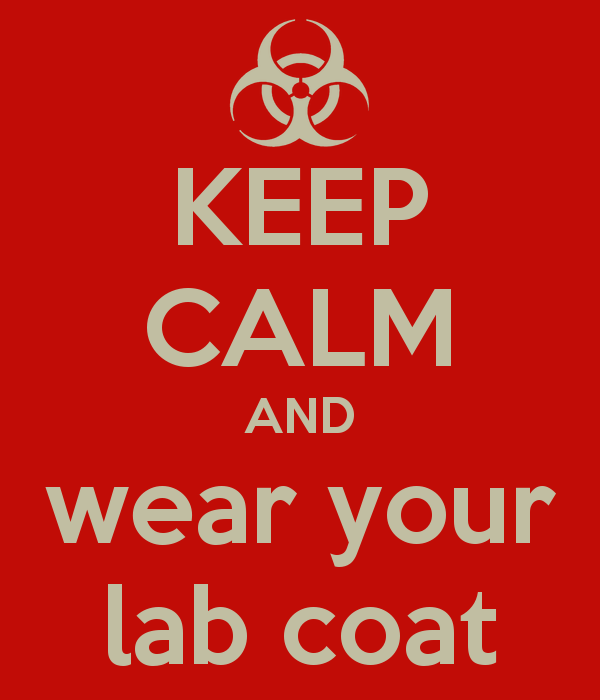Team:LMU-Munich/Notebook/Safety
From 2014.igem.org
| Line 12: | Line 12: | ||
Additionally we aim at producing a combination of at least two antibiotics targeting different biochemical pathways within the same organism. It already has been proven, that treatment with combined antibiotics is effective against MRSA [http://cid.oxfordjournals.org/content/49/7/1072.full] | Additionally we aim at producing a combination of at least two antibiotics targeting different biochemical pathways within the same organism. It already has been proven, that treatment with combined antibiotics is effective against MRSA [http://cid.oxfordjournals.org/content/49/7/1072.full] | ||
| + | One of ''Staphylococcus aureus'''s main characteristics is the ability to form biofilms on human epithelials. The combination of Adhesion (INTERPAGELINK) and the biofilm dissolving Dispersin (INTERPAGELINK) is meant to target ''S. aureus'' on an population level as well as on the cellular level to dispatch every individual ''S. aureus'' cell to avoid formation of new resistant strains. | ||
{{Template:Team:LMU-Munich/Playground/footer}} | {{Template:Team:LMU-Munich/Playground/footer}} | ||
<html><script>initiateNavigation("application");</script></html> | <html><script>initiateNavigation("application");</script></html> | ||
Revision as of 21:54, 16 October 2014
Safety
Lab Safety
The LMU iGEM team has been instructed in all aspects of lab safety, according to German laws and the LMU work safety guidelines (see [http://www.sicherheitswesen.verwaltung.uni-muenchen.de/arbeitssicherheit/index.html work]), as well as safe handling of biological materials according to the same standards (see [http://www.sicherheitswesen.verwaltung.uni-muenchen.de/biologisch/index.html materials]). Furthermore we received specific safety training corresponding to our workspace, including waste separation. All biological waste is autoclaved before disposal. Last but not least we were also instructed in the legal aspects of workplace accidents. Since we only work with BSL 1 organisms and DNA, all our work is done on open benches or under open-front hoods. For most procedures, basic protective gear (cotton lab coats & latex gloves) is sufficient. Some chemicals like ethidium bromide are only handled with nitrile gloves. Other experiments are conducted with safety glasses or UV face shields. Of course all team members wear clothes offering reasonable protection (flat, closed shoes etc.) in the lab.
Safety Parts
When it comes to genetically modified organisms and their release into the environment, major concerns are raised concerning resistant phenotypes, that might be able to outcompete the natural strains in their original biological niche. To eradicate those concerns with BaKillus we developed a resistance free insertion strategy for Bacillus.
Additionally we aim at producing a combination of at least two antibiotics targeting different biochemical pathways within the same organism. It already has been proven, that treatment with combined antibiotics is effective against MRSA [http://cid.oxfordjournals.org/content/49/7/1072.full] One of Staphylococcus aureus's main characteristics is the ability to form biofilms on human epithelials. The combination of Adhesion (INTERPAGELINK) and the biofilm dissolving Dispersin (INTERPAGELINK) is meant to target S. aureus on an population level as well as on the cellular level to dispatch every individual S. aureus cell to avoid formation of new resistant strains.

Hi there!
Welcome to our Wiki! I'm BaKillus, the pathogen-hunting microbe, and I'll guide you on this tour through our project. If you want to learn more about a specific step, you can simply close the tour and come back to it anytime you like. So let's start!

What's the problem?
First of all, what am I doing here? The problem is, pathogenic bacteria all around the world are becoming more and more resistant against antimicrobial drugs. One major reason for the trend is the inappropriate use of drugs. With my BaKillus super powers, I want to reduce this misuse and thus do my part to save global health.

Sensing of pathogens
To combat the pathogenic bacteria, I simply eavesdrop on their communication. Bacteria talk with each other via quorum sensing systems, which I use to detect them and trigger my responses.

Adhesion
The more specific and effective I can use my powers, the lower the danger is of provoking new resistance development. So I catch pathogens whenever I get hold of them and stick to them until my work is done.

Killing
Talking about my work - killing pathogens is finally what I am made for. In response to quorum sensing molecules of the pathogens, I export a range of antimicrobial substances leading to dissipation of biofilms and the killing of the targeted bacteria.

Suicide switch
When the job is done and all the bad guys are finished, you don't need a super hero anymore. So after fulfilling my work I say goodbye to the world by activating my suicide switch.

Application
Of course I'm not only a fictional hero, but a very real one. In two different prototypes, I could be used for diagnosis or treatment of pathogen-caused diseases. However, there is still a whole lot of regulational and economical questions that have to be answered before.

See you!
So now you know my short story - and it is time for me to return to my fight for a safer world. Feel free to take a closer look on my super powers, the process of my development or the plans for a medical application.
 "
"







